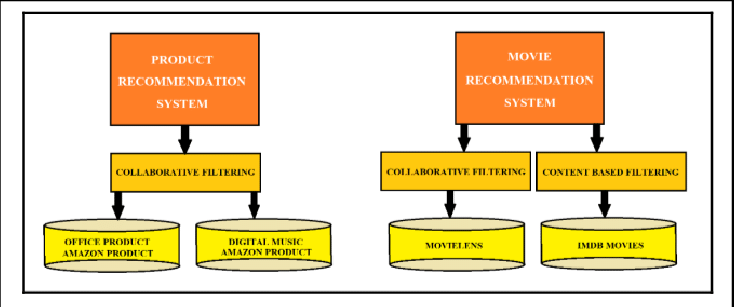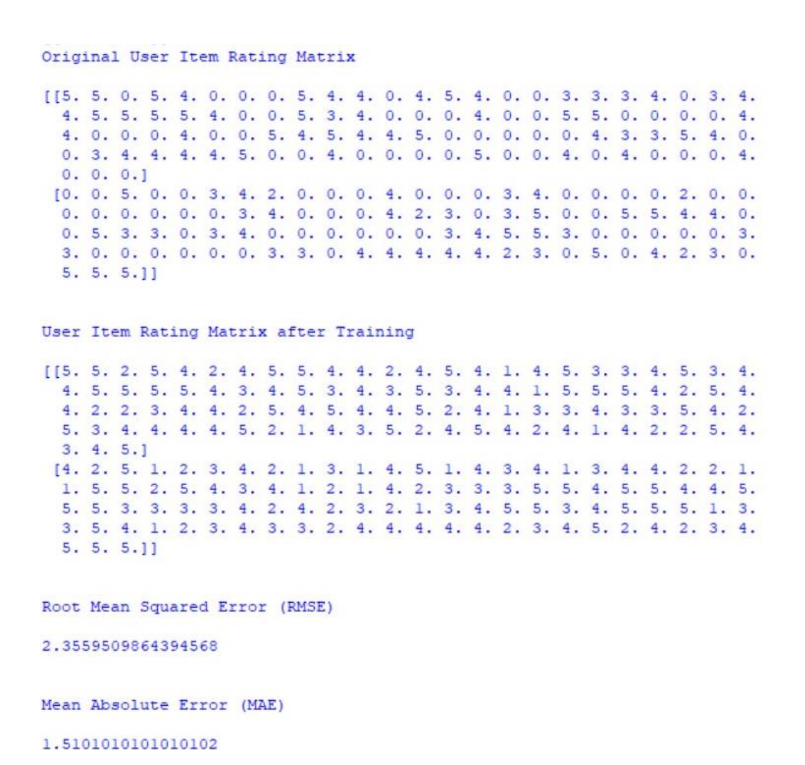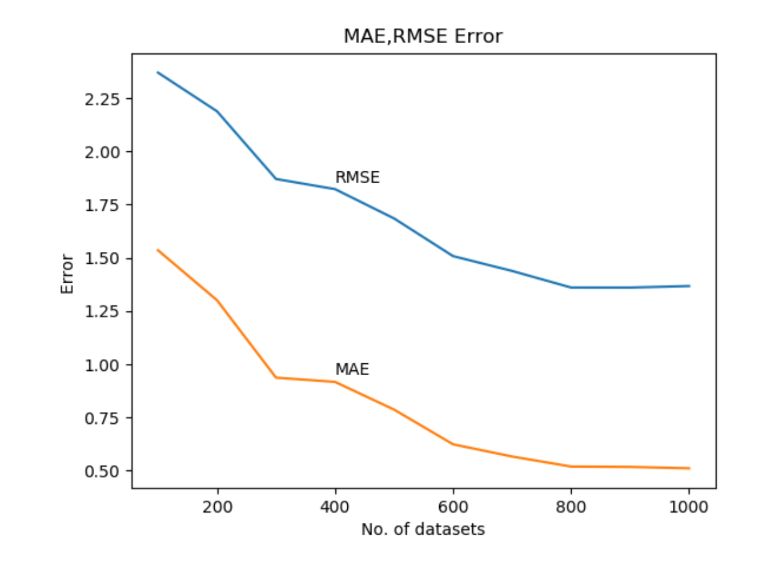The Recommender-System project implements a robust recommendation engine for predicting user preferences. This project serves as a learning path for developing and deploying a recommender system using various data processing and machine learning techniques.
- Python: Core programming language for implementing the recommendation algorithms.
- Pandas: Data manipulation and analysis library.
- NumPy: Supports large, multi-dimensional arrays and matrices.
- SciKit-Learn: Machine learning library for implementing algorithms.
- Surprise: A Python library for building and analyzing recommender systems.
- Jupyter Notebook: An open-source web application to create and share documents with live code, equations, visualizations, and narrative text.
- Flask: Micro web framework used to deploy the model as a web service.
- Docker: Containerizes the application for consistent deployment.
- GitHub Actions: Automates CI/CD pipeline for the project.
- Kubernetes: Orchestrates containerized application deployment.
Here are some examples of the outputs generated by the Recommender-System:
- Data Collection: Gathering and preprocessing data.
- Model Training: Using collaborative filtering, content-based filtering, or hybrid models.
- Evaluation: Evaluating the model’s performance using metrics like RMSE or precision.
- Containerization: Containerizing the application using Docker.
- CI/CD Pipeline:
- Code Commit & Push: Code is pushed to the GitHub repository.
- GitHub Actions Trigger: GitHub Actions triggers the pipeline upon code push.
- Build & Test: Builds the application and runs tests.
- Docker Build: Builds a Docker image of the application.
- Push Docker Image: Pushes the Docker image to a container registry.
- Deploy to Kubernetes: Deploys the application to a Kubernetes cluster.
- Monitoring & Logging: Set up Prometheus and Grafana for monitoring and logging the application’s performance.


